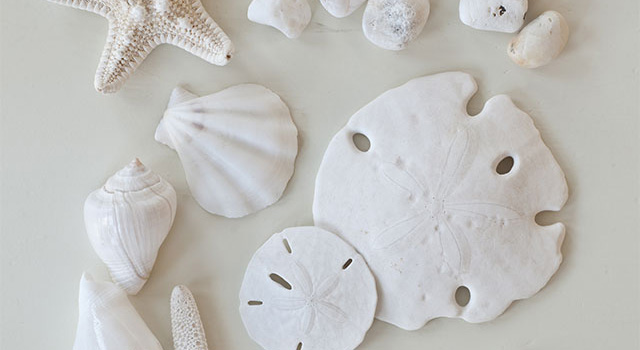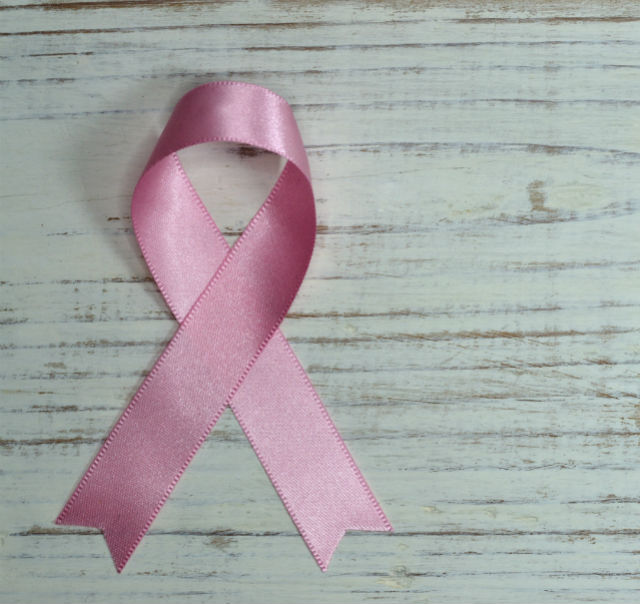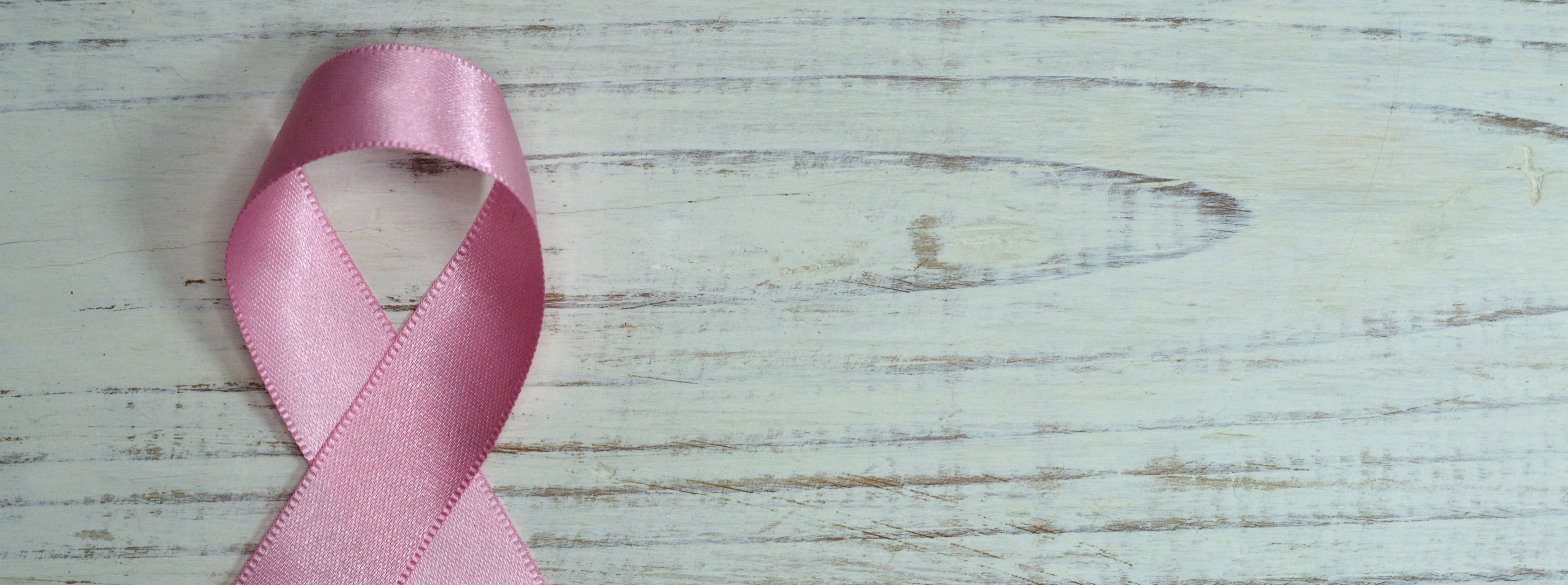Emotional and physical pain, discomfort, fear – there are a lot of things that come with a breast cancer diagnosis. But among all of the cancer specialists breast cancer patients see, women of childbearing age often see one more: a fertility specialist. This is because the cancer treatments that have enabled women to survive and thrive after a cancer diagnosis can often negatively impact a woman’s fertility.
To help women diagnosed with breast cancer who are facing an unsure fertility future, the fertility specialists of The Center for Reproductive Medicine in Mobile, Alabama are here to go over the infertility risks for breast cancer patients and the options available to them to preserve their future fertility.
Infertility Risks
Many factors play a role in determining a woman’s risk of becoming infertile after cancer treatment. Things such as age, type of treatment, and existing levels of fertility prior to treatment can all affect a woman’s likelihood of infertility after treatment. While treatments such as surgery and radiation are unlikely to cause infertility in breast cancer survivors, other treatments – like chemotherapy – have the potential to cause a loss of fertility.
For women whose course of treatment includes chemotherapy, it is important to know that it can result in premature ovarian failure (when the ovaries stop producing eggs) or early menopause. If you are a woman of childbearing age who will be undergoing chemotherapy and would like to preserve your ability to having children in the future, speak with your oncologist about whether or not egg/embryo banking could be an option for you.
Fertility Preservation Before Treatment
If your oncologist believes you can delay treatment by a couple of weeks, there are two options available to women who’d like to preserve their fertility:
- Egg Freezing: For breast cancer patients who do not have a partner and would not like to create embryos using donor sperm, egg freezing can be an option. Due to advances in the freezing process, women can now freeze their eggs and thaw them later for future use.
- Embryo Banking: For women who have a partner or are comfortable with creating embryos using donor sperm, embryo banking can be the best option. Embryos are more resilient than eggs and are more likely to survive the freezing and thawing process.
Family Building Options After Treatment
If you and your oncologist decide that your treatment must proceed immediately, there are still options available to you if you’d like to have a family in the future. Donor egg IVF, wherein an egg from a donor is fertilized with your partner’s or donor sperm and implanted in your uterus, is an excellent option for women who find their treatment caused premature ovarian failure or early menopause. Adoption is another option that is available to women who wish to become parents but are unable to have their own biological children.
While breast cancer treatment will not cause every woman to become infertile, it is a very real possibility for those who will be undergoing certain kinds of treatment. It is important for these women to speak with their oncologist and a fertility specialist about their fertility preservation options when possible. Want to learn more about the fertility preservation options available at The Center for Reproductive Medicine in Mobile, Alabama? Contact us today at 251-438-4200 to schedule a consultation.













